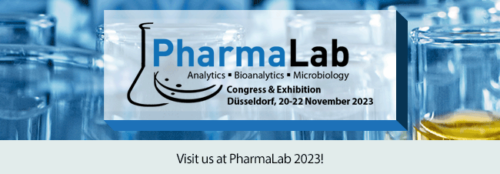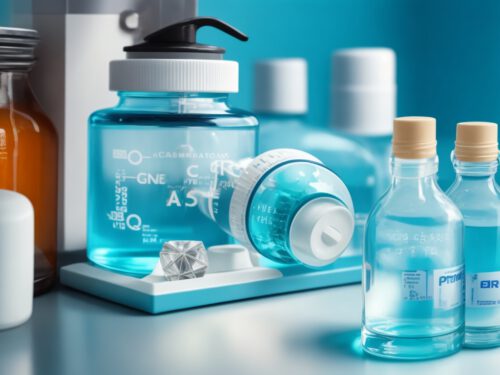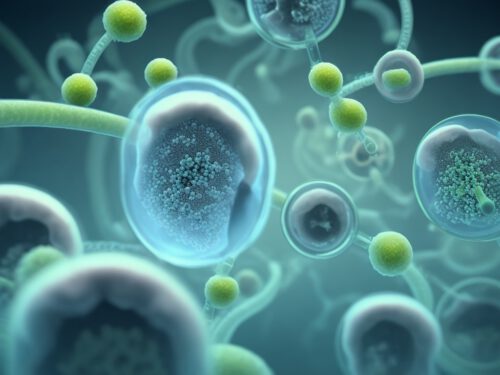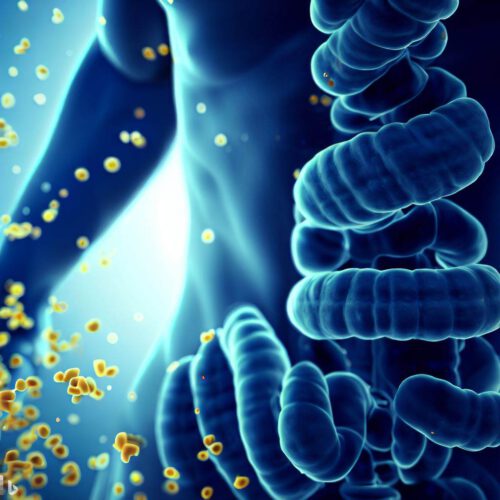What is the significance of bacterial endotoxins in general and why is it important to test for endotoxins?
Endotoxins are high-molecular complexes that cause a pyrogenic reaction upon release and contact with the immune system.1 The lipopolysaccharide (LPS) anchored in the outer layer of the outer membrane of Gram-negative bacteria plays a medically important role as it induces very strong cellular and immunological responses compared to other bacterial endotoxins.
Endotoxins show high clinical importance as demonstrated e.g. during infection with the Gram-negative bacterium Neisseria meningitidis. During growth and lysis of the bacteria endotoxin is released and as a result a whole series of physiological effects such as fever, septic shock and hyperimmune reactions are induced.2
In everyday life, humans are constantly in contact with endotoxins for example through food ingestion. This contact becomes particularly critical in the case of direct exposure to the immune system, for example in medical applications e.g. parenteral application, medical implants, dialysis or surgery or in chronic exposure in the working environment (dermal or inhalation). Because of this high sensitivity in particular medical applications, the release test for pyrogens or endotoxins is prescribed in chapters EP 2.6.8 (pyrogens) and 2.6.14 (endotoxins) (more information on our endotoxin services).3
Literature
2. Coureuil, M. et al. Pathogenesis of meningococcemia. Cold Spring Harb. Perspect. Med. 3, (2013).
3. EUROPEAN PHARMACOPOEIA 2.6.14. Bacterial endotoxins.






